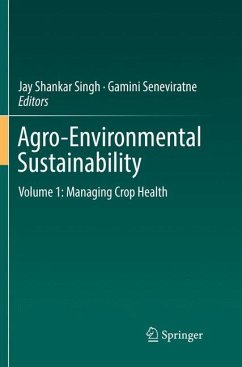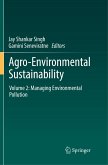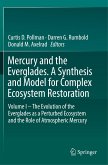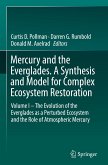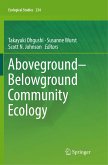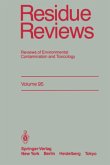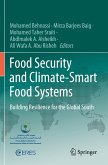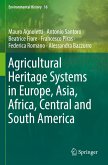This two-volume work is a testament to the increasing interest in the role of microbes in sustainable agriculture and food security. Advances in microbial technologies are explored in chapters dealing with topics such as carbon sequestration, soil fertility management, sustainable crop production, and microbial signaling networks. Volume I is a collection of research findings that invites readers to examine the application of microbes in reinstating degraded ecosystems and also in establishing sustainable croplands. Highly readable entries attempt to close the knowledge gap between soil microbial associations and sustainable agriculture.
An increase in the global population with changing climate is leading to environments of various abiotic and biotic stresses for agricultural crops. It therefore becomes important to identify the techniques to improve soil fertility and function using different microbial groups such as actinobacteria, microalgae, fluorescent pseudomonads and cyanobacterial systems. These are examined in this volume in greater detail. This work is a significant contribution to research in this increasingly important discipline, and will appeal to researchers in microbiology, agriculture, environmental sciences, and soil and crop sciences.
An increase in the global population with changing climate is leading to environments of various abiotic and biotic stresses for agricultural crops. It therefore becomes important to identify the techniques to improve soil fertility and function using different microbial groups such as actinobacteria, microalgae, fluorescent pseudomonads and cyanobacterial systems. These are examined in this volume in greater detail. This work is a significant contribution to research in this increasingly important discipline, and will appeal to researchers in microbiology, agriculture, environmental sciences, and soil and crop sciences.
"This volume offers a lot of rational approaches that may help to improve and develop agricultural sustainability. This book is useful to students, teachers, and researchers in the disciplines of agricultural microbiology, biochemistry and biotechnology." (Siddharth Boudh, Pankaj Chowdhary and Vishvas Hare, Environmental Earth Sciences, Vol. 78, 2019)

